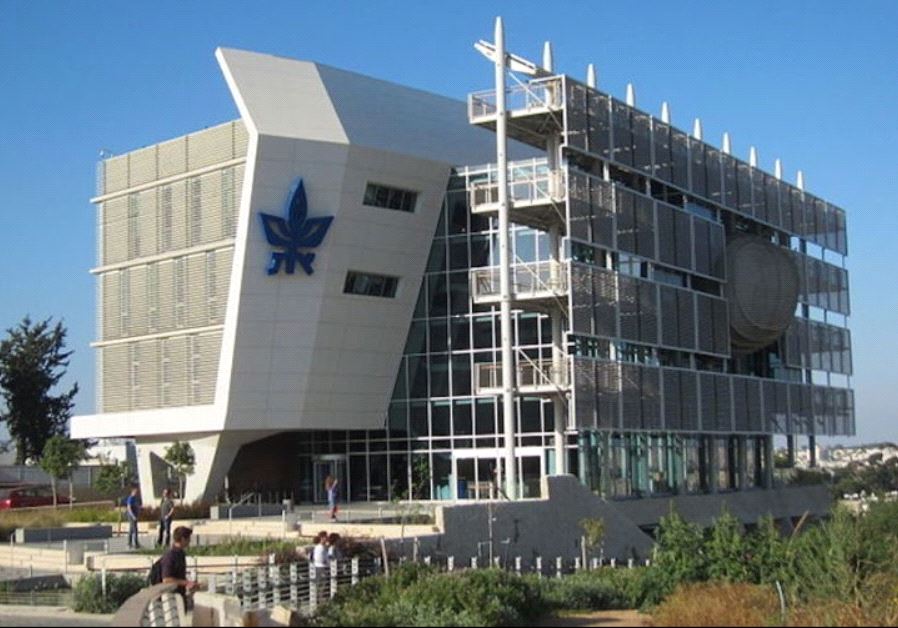Tel Aviv University develops major advance against drug-resistant bacteria
"This may indeed be a milestone, because it opens up many opportunities for DNA manipulations of bacteria that were impossible to accomplish before.”
 (photo credit: WIKIMEDIA)Updated:
(photo credit: WIKIMEDIA)Updated: